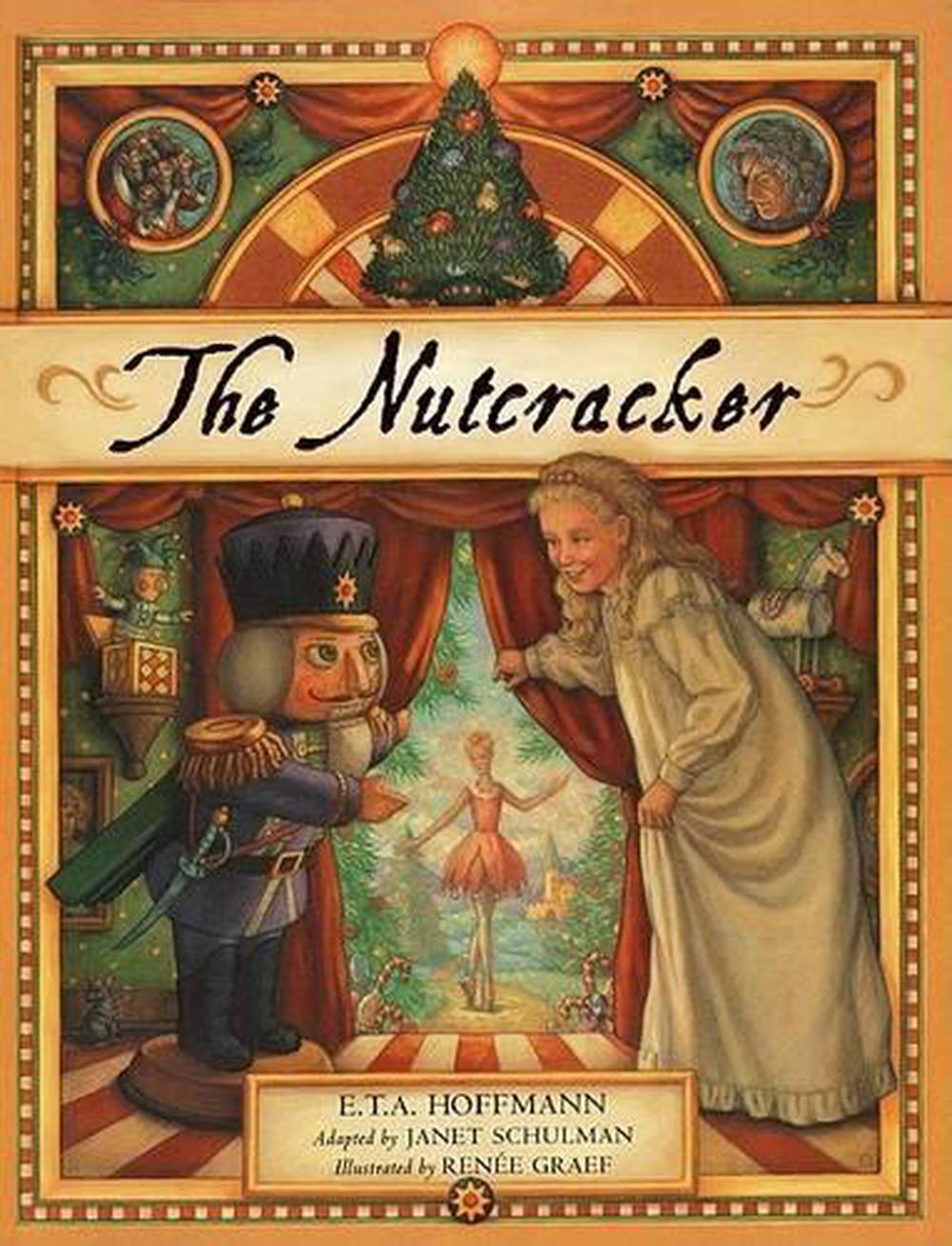

īetween 17 he attended the Lutheran school or Burgschule, where he made good progress in classics.

Although she died when he was only three years old, he treasured her memory (a character in Hoffmann's Lebensansichten des Katers Murr is named after her) and embroidered stories about her to such an extent that later biographers sometimes assumed her to be imaginary, until proof of her existence was found after World War II. Nevertheless, he remembered his aunts with great affection, especially the younger, Charlotte, whom he nicknamed Tante Füßchen ("Aunt Littlefeet").

Hoffmann was to regret his estrangement from his father. The household, dominated by the uncle (whom Ernst nicknamed O Weh-"Oh dear!"-in a play on his initials "O.W."), was pietistic and uncongenial. 1754–79) and their brother, Otto Wilhelm Doerffer (1741–1811), who were all unmarried. When his parents separated in 1778, his father went to Insterburg (now Chernyakhovsk) with his elder son, Johann Ludwig Hoffmann (1768–1822), while Hoffmann's mother stayed in Königsberg with her relatives: two aunts, Johanna Sophie Doerffer (1745–1803) and Charlotte Wilhelmine Doerffer (c. Ernst Theodor Wilhelm, born on 24 January 1776, was the youngest of three children, of whom the second died in infancy. In 1767 he married his cousin, Lovisa Albertina Doerffer (1748–96). His father, Christoph Ludwig Hoffmann (1736–97), was a barrister in Königsberg, Prussia (now Kaliningrad, Russia), as well as a poet and amateur musician who played the viola da gamba. Hoffmann's ancestors, both maternal and paternal, were jurists. Hoffmann's stories highly influenced 19th-century literature, and he is one of the major authors of the Romantic movement. The ballet Coppélia is based on two other stories that Hoffmann wrote, while Schumann's Kreisleriana is based on Hoffmann's character Johannes Kreisler.

He is also the author of the novella The Nutcracker and the Mouse King, on which Pyotr Ilyich Tchaikovsky's ballet The Nutcracker is based. His stories form the basis of Jacques Offenbach's opera The Tales of Hoffmann, in which Hoffmann appears (heavily fictionalized) as the hero. Jurist, author, composer, music critic, artistĮrnst Theodor Amadeus Hoffmann (born Ernst Theodor Wilhelm Hoffmann 24 January 1776 – 25 June 1822) was a German Romantic author of fantasy and Gothic horror, a jurist, composer, music critic and artist. Königsberg, Kingdom of Prussia, Holy Roman Empireīerlin, Kingdom of Prussia, German Confederation


 0 kommentar(er)
0 kommentar(er)
